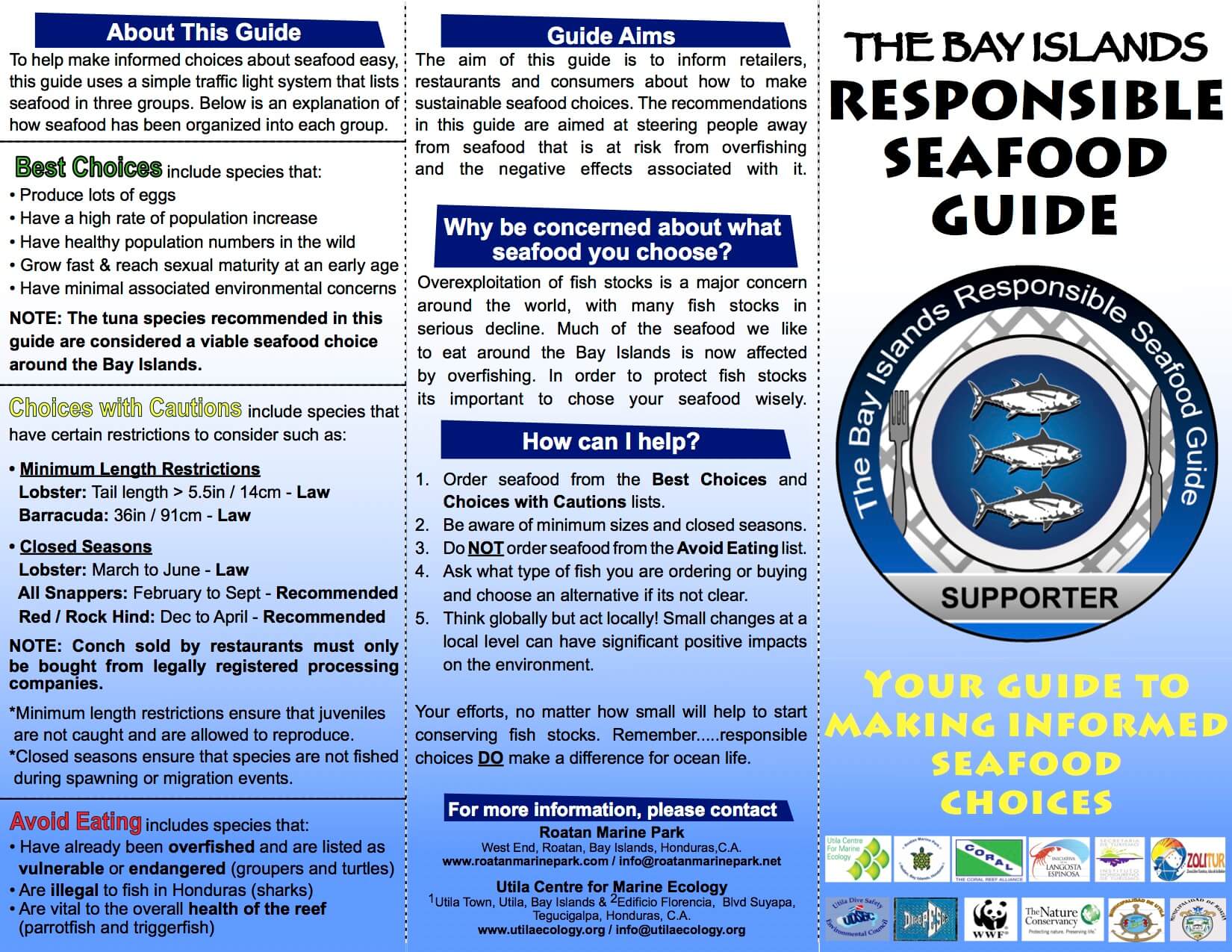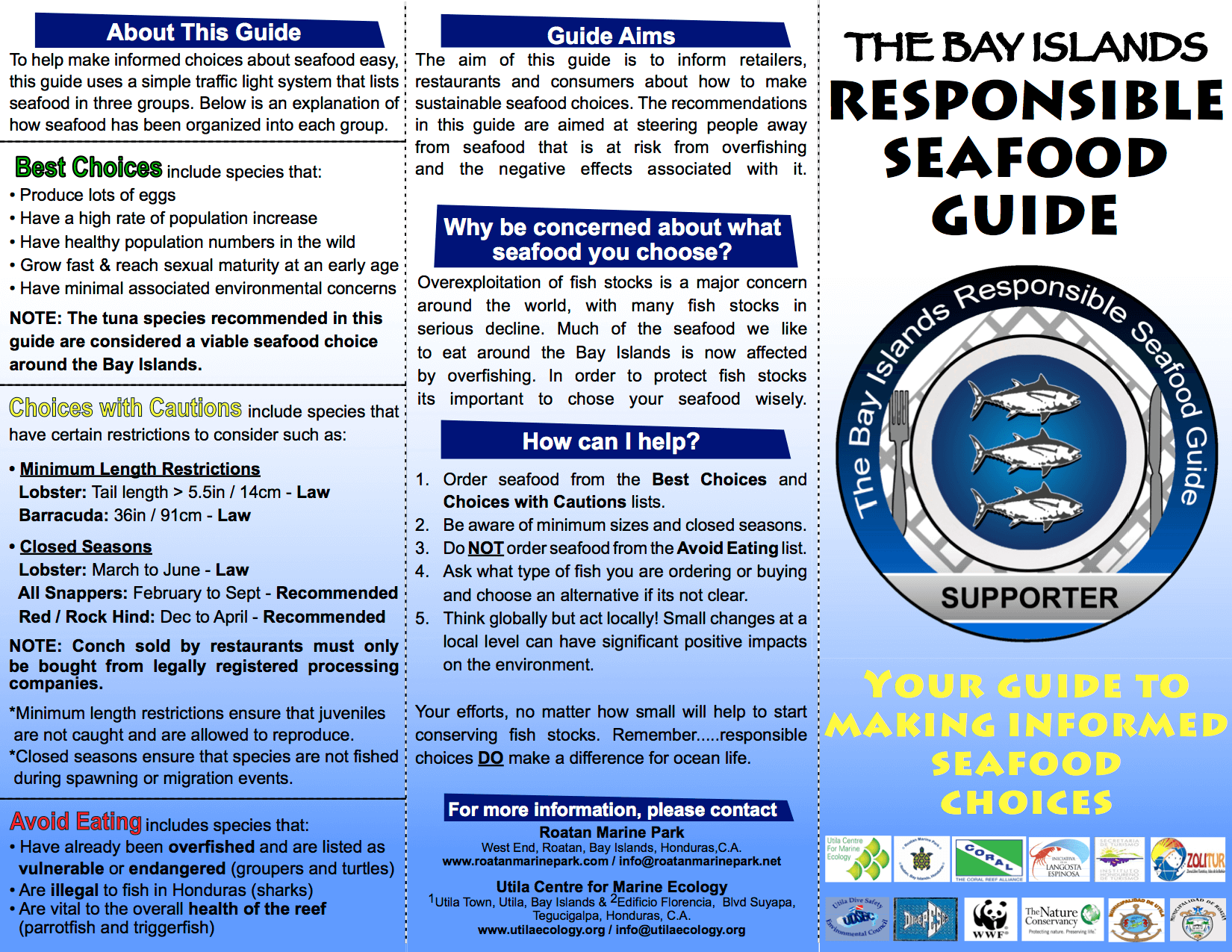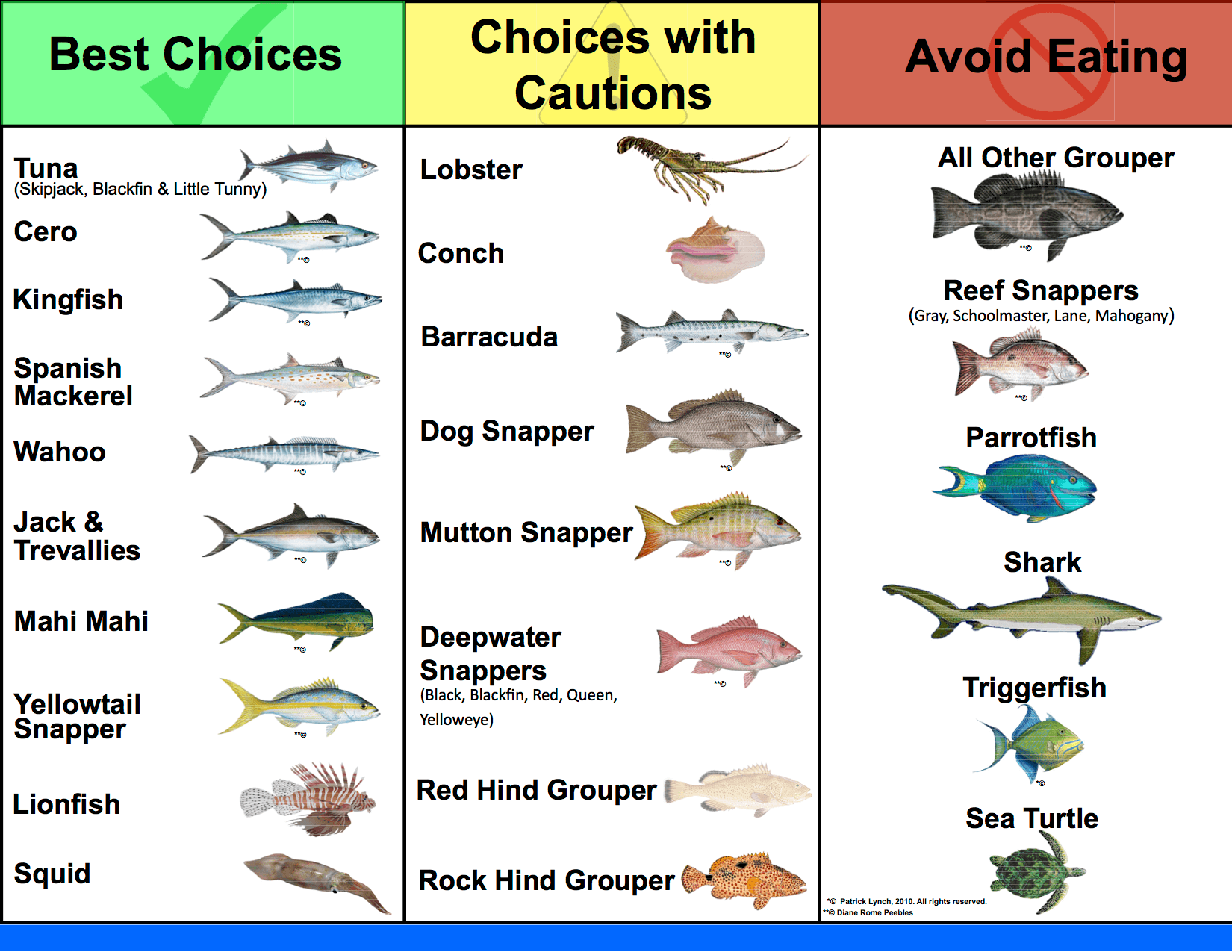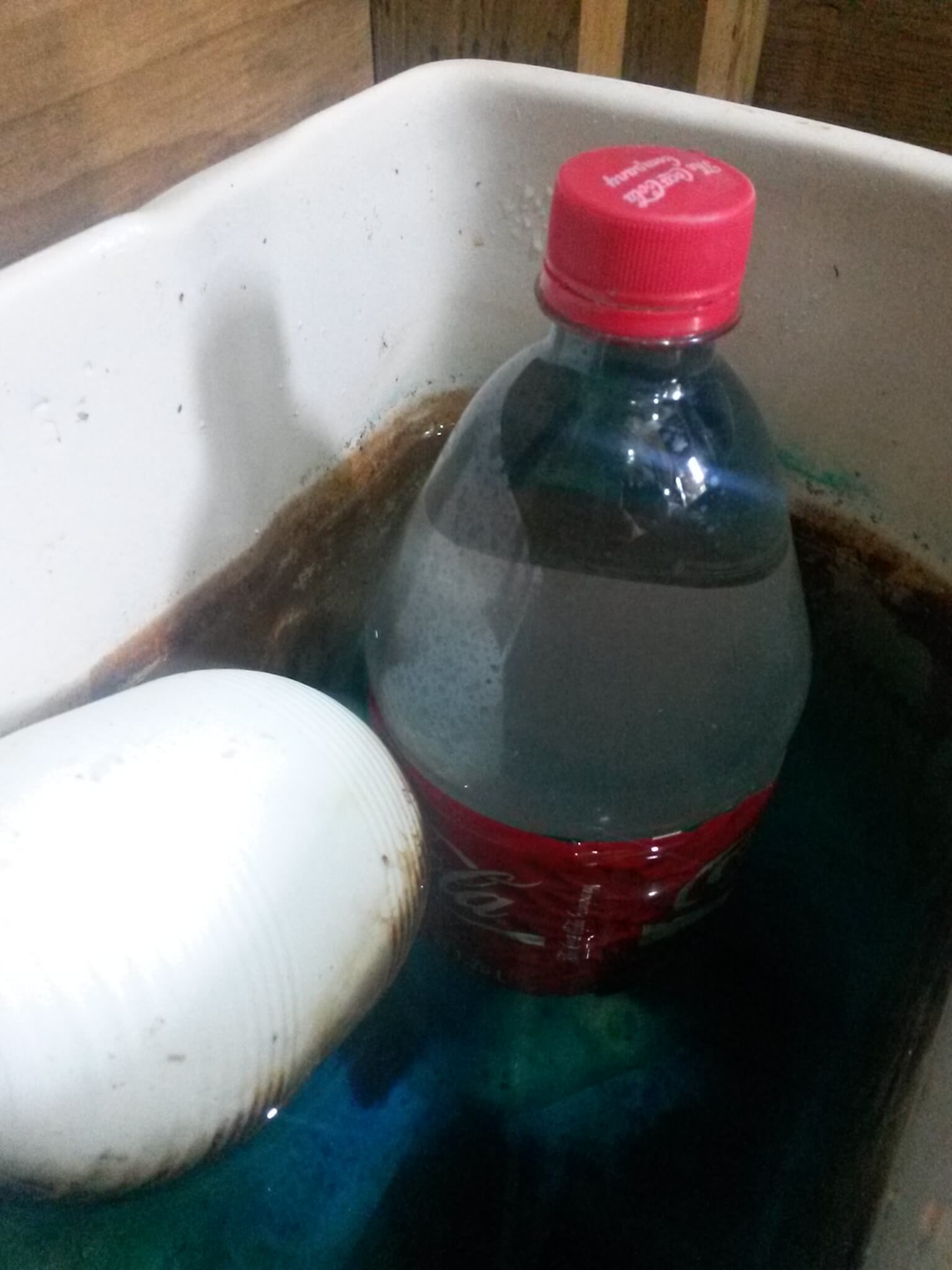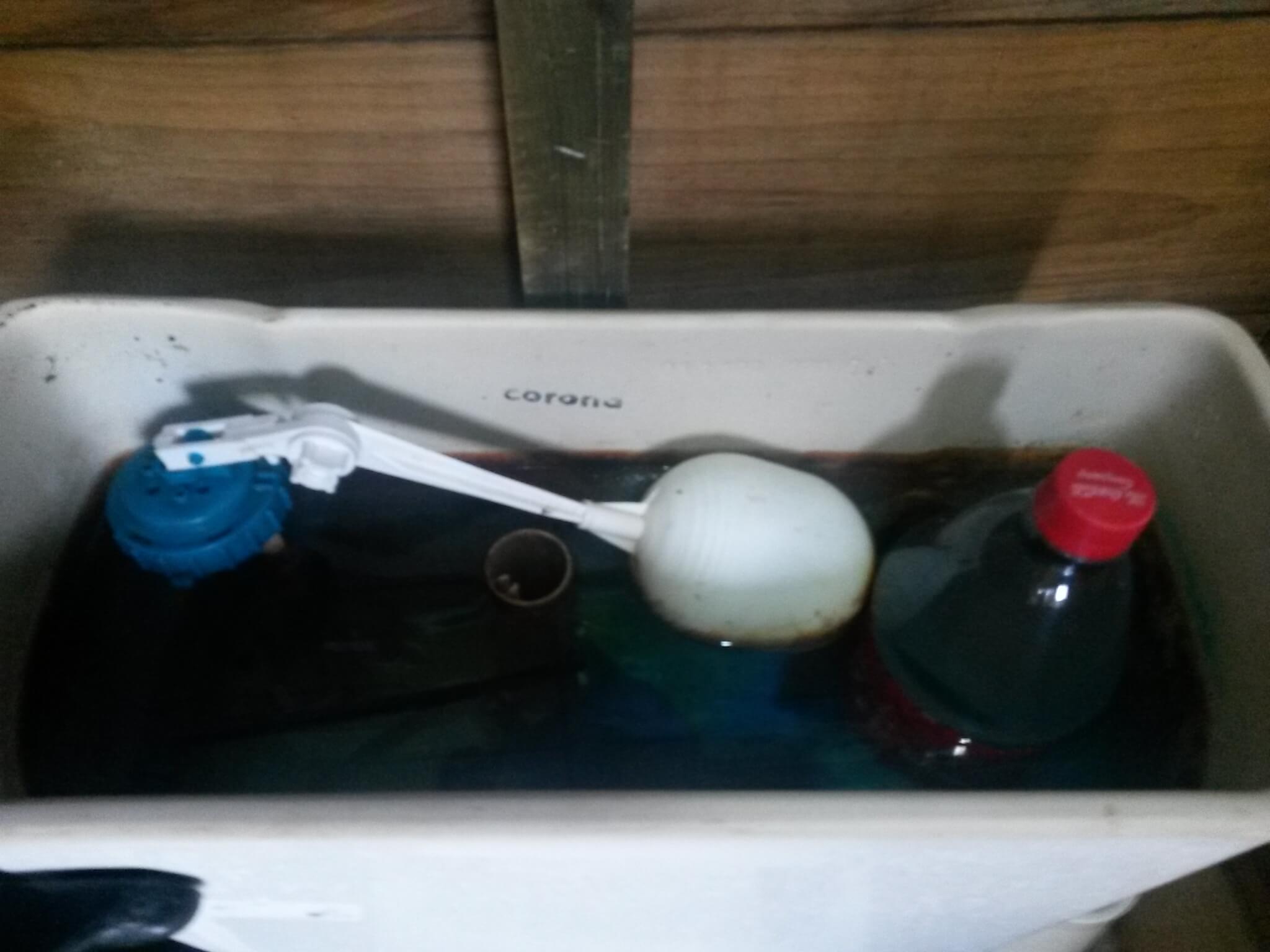3 Cool Facts About Parrotfish (And Why They Should Be Protected!)
Parrotfish - the unsung heroes of the ocean. Sort of.
Parrotfish are very common around the world and are often viewed as less interesting than turtles or eagle rays. Granted, you see a lot of them on a dive so they’re not exactly rare, but did you know that parrotfish have some pretty cool superpowers?
To show these important and under-appreciated animals some love, check out our 3 Cool Facts About Parrotfish, and see why they, and other herbivorous fish in the Caribbean, are so important for our reef!
Parrotfish - the unsung heroes of our oceans.
Sort of.
Parrotfish are very common around the world and are often viewed as less interesting than turtles or eagle rays. Granted, you see a lot of them on a dive so they’re not exactly rare, but did you know that parrotfish have some pretty cool superpowers?
To show these important and under-appreciated animals some love, check out our 3 Cool Facts About Parrotfish, and see why they, and other herbivorous fish in the Caribbean, are so important for our reef!
Cool Fact #1: They can change sex multiple times
Parrotfish can transition between sexes through most of their lives. The majority of parrotfish are born as females and live in a harem under one Supermale. If the Supermale of the harem dies, the largest female in the harem will transition into a male and take on the Supermale role. You can distinguish between males and females by their colors (the colorful parrotfish are the males), but since they change colors every time they change sex (and even as they move from juvenile into adulthood), it can make classification difficult for scientists!
Cool Fact #2: They make their own sleeping bags
At night, parrotfish will create a mucous sac to sleep in. To this day, scientists aren’t exactly sure why. They have their hypotheses, from the sacs protecting parrotfish from predators by masking their scent, to acting as a barrier against parasites, but nothing has been proven.
When you’re doing a night dive, it’s important to be respectful and not shine your light directly into the eyes of parrotfish (or any other animal, for that matter). When they are startled or woken up, they might break the sac, and may not be able to make a new one that night. This means that not only is the parrotfish disgruntled because they’ve been rudely awakened, but they might be in danger, too.
Cool Fact #3: They create the beaches you love…with their poop
And here is the coolest fact of all and the reason that parrotfish should be protected!
Parrotfish are incredibly important to the health of the reef, because they eat the algae that can smother the reef if left unchecked. That’s why herbivorous fish on Roatan are protected, because we count on them to maintain the health of our reef! That grinding sound you can hear when you’re diving? That’s the sound of many parrotfish “teeth” chewing on bits of coral that they break off when they eat the algae. They poop out the coral as fine particles, creating beautiful, white sand. One parrotfish can create up to 700 pounds of sand in their lifetime, if you can believe it! So that beautiful, sandy beach you’re walking on? Parrotfish poop.
So many coral reefs around the world are suffering because the herbivorous fish populations are being severely depleted, and if we don’t start rebuilding their numbers, the coral itself will not survive. Since you don’t often see parrotfish on the menu in Roatan, you may wonder how their numbers are being so badly depleted. Same as many endangered marine creatures, parrotfish are not only hunted for their meat, but are also getting caught as by-catch by human fishing practices, like trawling and ghost nets. That’s why it’s important for governments to implement marine reserves and also enact laws protecting parrotfish from hunting, so that at least the intentional depletion of parrotfish doesn’t happen.
How can you help?
There are a few ways that you can help the mighty parrotfish survive!
First, if you see it on a menu, don’t order. Herbivorous fish are red-listed in the Bay Islands and in many other marine parks, and it’s important for consumers to adjust the demand so that there is no need for a supply.
Second, it’s important to financially support marine reserves so that they can patrol a greater distance, and more consistently. On Roatan, you can support the Roatan Marine Park by purchasing a yearly bracelet for $10. That $10 donation helps the RMP maintain the dive site moorings, run patrols and educate the community, so they play a very important role in the health of Roatan’s reefs.
Now, go enjoy an awesome dive on Roatan and take a minute to appreciate a parrotfish when you see one!
Interested in more 3 Cool Facts posts? Let us know what animal you want to learn about next!
5 Cool Facts about Turtles for World Turtle Day
Happy World Turtle Day!
Let's face it, who doesn't like turtles? That's probably what gets requested the most from our divers, and with a well-protected marine park, it's very easy to deliver. Turtles are interesting animals, with personalities and fun quirks, so what are 5 Cool Facts that you should know about turtles today?
Happy World Turtle Day!
Let's face it, who doesn't like turtles? That's probably what gets requested the most from our divers, and with a well-protected marine park, it's very easy to deliver. Turtles are interesting animals, with personalities and fun quirks, so what are 5 Cool Facts that you should know about turtles today?
Fact 1. The green turtle has green insides
You may have noticed that green turtles are not particularly greener than any other turtle species. In fact, when they're babies, they're black! The green turtle is actually named that because the layer between its organs and its shell is green, not because its shell is.
Fact 2. Turtle shells are part of them
Unlike tortoises, turtle shells are not a separate piece of material covering their backs. Their shells are their backs. That's why if they get shell injuries, it can be life threatening, because it's basically the same as a human getting a wound on their backs.
Just keep swimming!
Fact 3. Baby turtles swim for 4 days straight after they're born
When we were diving in the Bonin Islands of Japan, we visited a turtle sanctuary that's done some phenomenal work in the area. We got lucky and went there after a group of hatchlings were born 3 days earlier. Inside their swimming pool, they just kept swimming...and swimming...and swimming. Baby turtles are hardwired to swim for days into open ocean before they find floating seaweed or something to rest on, so these little guys just kept swimming in circles for the first few days after they were born.
Fact 4. Only 1% of turtles make it to sexual maturity
Crazy! Out of all the turtles born all over the world, only 1% will survive to reach sexual maturity. The majority of turtle babies never make it past the beach on their first day alive. This is why it's so important to protect the turtles that we have left, because human interference and consumption has not made things easier for these guys. Although many turtles species are now protected, boat activity, trawling and hunting are decimating turtles numbers around the world. For a population that already struggles to survive, it's a severe blow.
Fact 5. Hawksbill shells are still being exploited
Classified as Critically Endangered by the World Wildlife Fund, Hawksbill turtle shells are most threatened by the illegal wildlife trade. Their brown and yellow patterned shells commonly referred to as "tortoiseshell" are extremely popular and can sell for a high price. While most tortoiseshell products are now made out of synthetic materials, there is still a startling amount of illegal trade of their shells and products. To ensure you are buying the fake tortoiseshell from the real ones, we suggest you consider the price, is the vendor reputable and most of all the detailing on the object. Real tortoise shell is hand carved so it will have small imperfections along with a higher price tag.
Show your turtle love!
For all the turtle lovers out there, here's a few ways we can be heroes to these adorable reptiles on World Turtle Day:
Reject Turtle Products - Turtles are critically endangered all over the world, exploited for their shells and their meat. As long as a demand exists, so will a supply, so make sure to avoid purchasing turtle products wherever in the world you go.
Use Reusable Bags - Plastic bags floating in the ocean look almost identical to one of their favorite foods, jellyfish and turtles mistakenly ingest it. Add this to the long list of reasons of why reusable bags should be a part of your daily living!
Respect Turtles in their Natural Habitat - Whether you're diving or snorkeling in the Bay Islands, it's illegal to touch, chase, harass or ride them. Also if you're lucky enough to be near a beach area where turtles lay eggs, it's critical to keep a safe distance from hatchlings and be mindful not to confuse the younglings with any artificial light like camera flashes at night. Keeping a safe distance helps ensure that turtles & many other marine animals are not harmed as a result of human interaction.
Resist Disposable Utensils - From plastic straws, forks, spoons and knifes and more, the volume of plastic debris that ends up in the ocean is staggering. Sea turtles and many other marine animals ingest it, causing blockages in their digestive track. Turtles fights to expel these foreign objects, as seen in the infamous turtle straw removal video, but ultimately many cannot, leading to death.
To learn more, check out our 5 easy ways to live more eco friendly.
When is Roatan's Lobster Season?
Demand for lobster is high, and the restaurants will continue to serve illegal lobster as long as patrons continue to request it. It's our responsibility as visitors to encourage responsible and sustainable seafood consumption so that local providers providers will follow suit, benefiting both the environment and the local economy.
All marine reserves have fishing regulations, and Roatan is no different. While most people come to the Caribbean with the thought of eating lobster on the beach, it's important to know when Roatan's lobster season is, and what the lobster regulations are even when they're in season, to ensure that you are not putting an additional strain on the environment and ruining the marine world that Roatan is renowned for.
Lobster is in season on Roatan from July 1st to February 28th (or 29th on leap years), and only fishermen with lobster fishing permits are allowed to catch lobster outside of the Roatan marine reserve. Their tails must be greater than 5.5 inches, or 14.5 centimeters in length. Undersized lobsters are illegal, regardless of if a permit carrier catches them, and it is illegal to go diving for them within the reserve.
Poached lobster, photo courtesy of Roatan Marine Park
Unfortunately, demand for lobster is high, and the restaurants will continue to serve illegal lobster as long as patrons continue to request it. It's our responsibility as visitors to encourage responsible and sustainable seafood consumption so that local providers providers will follow suit, benefiting both the environment and the local economy.
How do I enjoy lobster responsibly?
- Only enjoy fresh-caught lobster between July 1st and February 28th and NOT between the months of March and June.
- When dining in Roatan, ask the restaurant where the lobster was caught. If they respond that it's locally caught, ask about the size of the tail. Remember, they must be larger than 5in/14.5 cm.
- Look around your restaurant for displays of the Bay Islands Responsible Seafood Guide.
- Keep an eye out for warning signs - if you're served lobster that still has its head, it is most likely poached from local, protected waters. Report suspicious activity to the Roatan Marine Park.
For more information regarding Roatan's fishing regulations and environmental laws, go to the Roatan Marine Park's website and learn how to be a responsible tourist today.
The Bay Islands Responsible Seafood Guide
Whenever you visit somewhere new (or even at home), it's important to think about responsible consumption when you're making your dining choices. The Bay Islands developed a helpful visual guide to point out which fish in these waters that are the best options and which are ones that should be avoided. Have a look before you dig in!
Whenever you visit somewhere new (or even at home), it's important to think about responsible consumption when making your dining choices. Overfishing has run many of the waters around the world dry, and responsible seafood recommendations have been put in place all around the world to help combat, or at least slow, the killing of our marine ecosystem.
The Bay Islands developed a helpful visual guide to identify which fish make the best options and which ones should be avoided. Let's have a look before you dig in at the dinner table!
From the Best Choices list, the fish we enjoy eating and frequently find are responsibly fished here in Roatan are:
Tuna
Lionfish
Wahoo
Mahi Mahi
When you are dining out here in Roatan, look for this visual guide which is proudly on display at many local restaurants. Tuna is a great example of a popular and plentiful fish here, but in other parts of the world is sadly often overfished. Keep in mind, a fish that might be a responsible choice in some areas might NOT be in other geographic areas. It really can vary.
We caution or discourage guests from the following items that are commonly poached, caught illegally, overfished, or caught without meeting the proper restrictions.
Conch
Lobster (Only in season from July through February)
Snapper
Grouper
Below you will find a detailed guide with more information and learn how you can get involved. Without the demand for fish that are at risk, there will be no supply! Please think how you can help protect Roatan's local fish populations by sharing this with others and making responsible seafood choices when you dine out.
Eat More Lionfish
We couldn't resist the opportunity to encourage our seafood enthusiasts to give this tasty fish a chance. The fillet is not very oily or fishy tasting, so there is a lot of variety for how it can be prepared and the flavors you can enjoy!
Interested in hunting lionfish to help bring this invasive species directly to your plate at home? Learn how you can obtain a Bay Islands Lionfish Spearing License from the Roatan Marine Park's Invasive Lionfish Control Program.
The Illegal Wildlife Trade
To be responsible tourists, we must make the active effort to think about the local laws and regulations, and expand on that by refraining from supporting the illegal wildlife trade. Think before you buy.
Most of you undoubtedly grew up with your shelves covered in bottles of sand from different parts of the world, elaborate seashells and decorative sea stars and coral displays. I know I did.
The concept of marine conservation did not exist until more recently, and even now, the understanding that shells, sea stars and coral were all living things before they became ornaments is not very well understood by the general public.
So we are going to say this in very plain terms: taking things out of the ocean so you can decorate your hair or your home with it is wrong. If you are visiting a beach and you think it's gorgeous, then let the beach stay gorgeous and leave everything where it is. That sea star? It needs to be underwater to breathe, so holding it up for the camera is slowly killing it. That empty shell? It could be used as a future home for a hermit crab, so please don't leave them homeless.
One time, one of our guests purchased a conch shell from a beach vendor and donated it back to the dive shop after learning about the detrimental effects of removing marine wildlife from the reef. We were then left with a choice: do we return the shell to the ocean in its broken state, where it's no longer a viable home to an animal, or use this as an opportunity to educate? We spoke with one of the coordinators of the Roatan Marine Park, and with their support, determined that education was the way to go.
So, to encourage our guests to think more about the consequences of purchasing marine souvenirs, we set up a "poached display", to which the Roatan Marine Park also kindly donated to from their inventory of confiscated items. To be responsible tourists, we must make the active effort to think about the local laws and regulations, and expand on that by refraining from supporting the illegal wildlife trade. Think before you buy.
Please note that taking any protected marine species off the island is illegal, and customs will confiscate it if they catch you carrying it on the plane. Taking these species out of the water is illegal in and of itself, so taking that conch shell or breaking off that piece of coral off the reef to decorate your hotel room also constitutes an illegal act.
So wherever you go and wherever you live, make sure to respect the culture and the people, but please try to think on an environmental and marine conservation scale as well. If everyone says "no" to the illegal wildlife trade, the illegal trade will disappear, and the environment will thrive.
If you're unsure about what animals are unethically traded or bred (like pangolins, aquarium fish and red coral), make sure to check online. There is a whole wealth of information out there, so ignorance can never be claimed as innocence. The Roatan Marine Park has some great guidelines for responsible tourism, so that's a good place to start before you visit our beautiful island.
We love our planet and want to do right by it, and all it takes is a little bit of mindfulness to make a difference. Join us in taking small steps to make a big impact, and let's make tomorrow better than yesterday was.
A Case Against Disposable Utensils
Did you know that 8 million metric tons of plastic is dumped in the ocean every year? To give you a reference, 1 metric ton is 2204.62 pounds. 8 million metric pounds is 17 billion-637 million-200 thousand pounds. 17,637,200,000. That.is.bananas.
We've spent a lot of time discussing ways to reduce our use of disposable containers, bags and plastic bottles, but we haven't gotten that much into disposal utensils. Now is as good a time as any, right?
Photo courtesy of Earth Touch News Network http://www.earthtouchnews.com/
Did you know that 8 million metric tons of plastic is dumped in the ocean every year? To give you a reference, 1 metric ton is 2204.62 pounds. 8 million metric pounds is 17 billion-637 million-200 thousand pounds. 17,637,200,000. That.is.bananas.
Most places in the world don't have the proper tools or systems to dispose of plastics or to even recycle them, so they inevitably end up in the world's water systems. Rivers, lakes, oceans - you name it, they're there. These plastics eventually end up inside marine animals, where they slowly kill them. It's torturous and an indignity, and it's even sadder because their deaths are easily avoidable.
Easily avoidable, you say?
Yes, it's easy to help lessen our environmental impact on the environment, but starting with yourself. Just like we encourage using reusable containers, bags and water bottles in lieu of styrofoam and disposable plastics, we encourage you to join the fight against plastic utensils by just saying no.
Most restaurants will automatically bring out a straw for you because it's second nature to them now, so all you have to do when you order a drink is to ask for no straw. If you go to a takeaway store armed with your own containers, take your own reusable utensils as well. Let's be honest, plastic picnic forks and spoons aren't exactly the most convenient to eat with anyways, so having your own normal sized utensils would actually be a benefit.
Saying no to straws and plastic utensils won't negatively affect your life in any way, but it will positively affect the environment in a big way. Remember, every little bit counts, so start making small, mindful changes in your every day life, and the planet will thank you!
3 Easy Environmental Improvements We Made with Go Blue Bay Islands
As you guys know by now, Roatan Divers joined Go Blue Central America Geotourism recently, and completed our first environmental assessment last month. We discussed the things we were doing well on environmentally and things that could be improved on, and after the assessment we decided to grab the bull by the horns and implement what we could as soon as possible (before the results even came out!). We have our next assessment coming up in a week, and we're excited to show you some of the changes we've already implemented and to learn more ways that we can promote responsible tourism on Roatan.
As you guys know by now, Roatan Divers joined Go Blue Bay Islands in partnership with National Geographic and we completed our first environmental assessment last month. We discussed the things we were doing well on environmentally and things that could be improved on, and after the assessment we decided to grab the bull by the horns and implement what we could as soon as possible (before the results even came out!). We have our next assessment coming up in a week, and we're excited to show you some of the changes we've already implemented and to learn more ways that we can promote responsible tourism and environmentally friendly business practices on Roatan.
1. We installed a water efficient shower head
We know you guys all love our hot water shower and its amazing water pressure, so we wanted to make sure that we could have a water efficient shower head without compromising pressure. We found the perfect shower head that still offers a lot of power, but outputs 1.5 gallons of water per minute at its medium setting, far less than our previous shower head which was basically an Amazonian squall falling on your head. We haven't had a new water bill since we've installed it, but we're interested to see how things change next month.
2. We set up an informational display regarding poaching
A while back, a guest bought a conch shell from a street vendor without realizing that it's a threatened species, and donated it back to the dive center. We had the option of taking it back out to sea or using it as an educational tool, and decided to go the educational route to ensure that all of our guests are aware of the dangers of the illegal wildlife trade. The Roatan Marine Park kindly donated a few more confiscated items to fill out our display better, but we previously did not have a sign explaining why these items were on display, and the items were just placed in the corner without much fanfare.
After our first environmental assessment with Go Blue Central America, we set up a proper display shelf with information regarding poaching in an effort to inform as many people about the importance of responsible tourism. We also have a poster up with the Responsible Seafood Guide and information for minimizing plastic consumption, and this has inspired a lot of conversation regarding conservation so we're very excited about where all this will lead.
3. We reduced water consumption in the bathroom
As a dive center, we have a lot of people using the washroom facilities, and use a lot of water every day between the toilet, sink and shower. We're already reducing our water consumption with the water efficient shower head, but we wanted to take it a step further. To reduce our water consumption in the toilet, we place a full water bottle into the tank to increase displacement so that the tank would have to fill with less water to get full.
These were 3 very easy ways that we could reduce our environmental impact and increase awareness about responsible tourism. Each change required very little effort and money, but will make a greater impact in the long run. While we try to be as environmental friendly as possible, it's nice having an outside, professional source offer different ideas to further increase our environmental awareness, and we look forward to continuing our work with Go Blue Central America to support an environmental responsible tourist destination.
Make sure to check out Go Blue Central America's website and Facebook page for more environmental tips and see what businesses are getting involved!
Roatan Marine Park Yearly Bracelets
In case you haven't noticed, the Roatan Marine Park is a very important part of scuba diving and of life on Roatan.
In case you haven't noticed, the Roatan Marine Park is a very important part of scuba diving and of life on Roatan.
The Roatan Marine Park is unique in that it is run by a non-governmental, non-profit organization that started out as a grassroots movements by the dive centers and local community here 10 years ago.
The Roatan Marine Park is responsible for putting in the boat moorings, running patrols to protect the reef and marine life, and working with the local community to make us a more conservation-minded island. They can do the work they do through grants, memberships, and bracelet sales.
Every year, the Roatan Marine Park sells a different color bracelet as their yearly bracelets. 2013 was white, 2014 was yellow, 2015 was black, and this year it's purple! While it's not mandatory to buy the bracelets to enter the park, it's the responsible thing to do, because it's through their work that our reefs here are so beautiful. Make sure that every time you visit, you get another bracelet to support the park. You can buy it from the Roatan Marine Park Eco Store in West End or through your dive center.
Happy diving!










